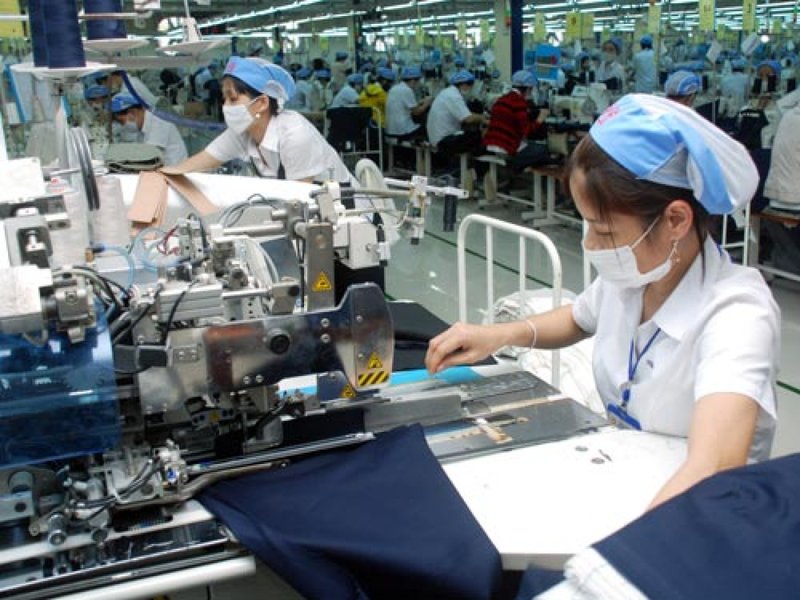Privatization of Vietnam state firms remains slow, meeting 28% of target
Some large SOEs are facing difficulties in valuation, mainly due to complicated financial situations, which causes delays in the privatization process.
Of the total of 128 state-owned enterprises (SOEs) due to go privatization during the 2017 – 2020 period, only 37 have completed the progress as of July 2020, or 28% of the target, according to the Ministry of Finance (MoF).
| 91 SOEs are required to complete the privatization process in the remaining five months. |
From 2016 to July 2020, 177 SOEs had their privatization schemes approved with total asset value of VND443.5 trillion (US$19.1 billion), of which the state capital was estimated at VND207.1 trillion (US$8.91 billion).
However, of these 177 SOEs, only 37 are from the list of 128 firms expected to be privatized by the end of this year under the instruction of Prime Minister Nguyen Xuan Phuc, which means that the remaining 91 should complete the process in the next five months.
Notably, SOEs subject to privatization in Hanoi and Ho Chi Minh City make up 54% of the total, including 13 in Hanoi and 38 in Ho Chi Minh City; others include six managed by the Committee for State Capital Management (CSCM), four under the Ministry of Industry and Trade (MoIT), and two under the Ministry of Construction (MoC).
According to the MoF, some large SOEs are facing difficulties in determining their own values, mainly due to complicated financial situations, including Vietnam Posts and Telecommunications Group (VNPT), Vietnam National Chemical Group, Vietnam National Coal – Mineral Industries, MobiFone, and Vietnam Bank for Agriculture and Rural Development (Agribank), among others.
Meanwhile, in the first seven months of this year, 10 SOEs in the PM-approved list divested VND260 billion (US$11.19 million) in book value for VND678 billion (US$29.19 million) in proceeds.
This resulted in the amount of state capital divested during the period of VND601 billion (US$25.87 million) in book value and VND1.1 trillion (US$47.35 million) in proceeds, which remained slow compared to the plan, stated the MoF.
The slow progress in privatization and divestment of SOEs is attributable to Covid-19, according to the MoF, not to mention a lack of commitment from localities and SOEs in complying with the PM’s instruction for SOE restructuring.
To speed up the privatization process, the MoF said it would continue to perfect the legal framework for the operation of SOEs subject to privatization and divestment, including the proposal on SOE restructuring in the 2021 – 2025 period.
More importantly, localities and SOEs involved in the process must show stronger commitment to realize the PM’s instruction on SOE restructuring, the MoF urged.













